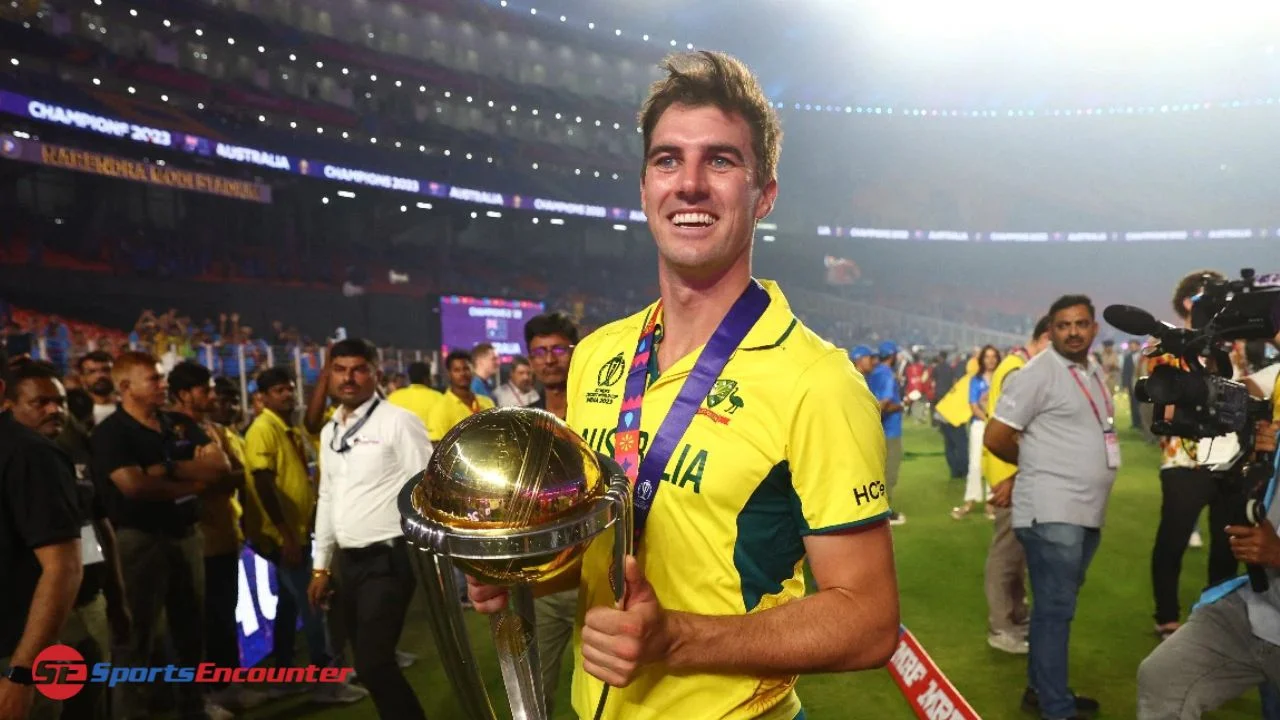Cricket has long been dominated by the conventional wisdom that batsmen make the best captains. However, the recent achievements of bowlers in leadership roles are challenging this notion, sparking a debate about the potential for a new era of cricket captains. This shift in perspective is not only refreshing but also opens up discussions about the qualities that make a successful captain in the modern game.
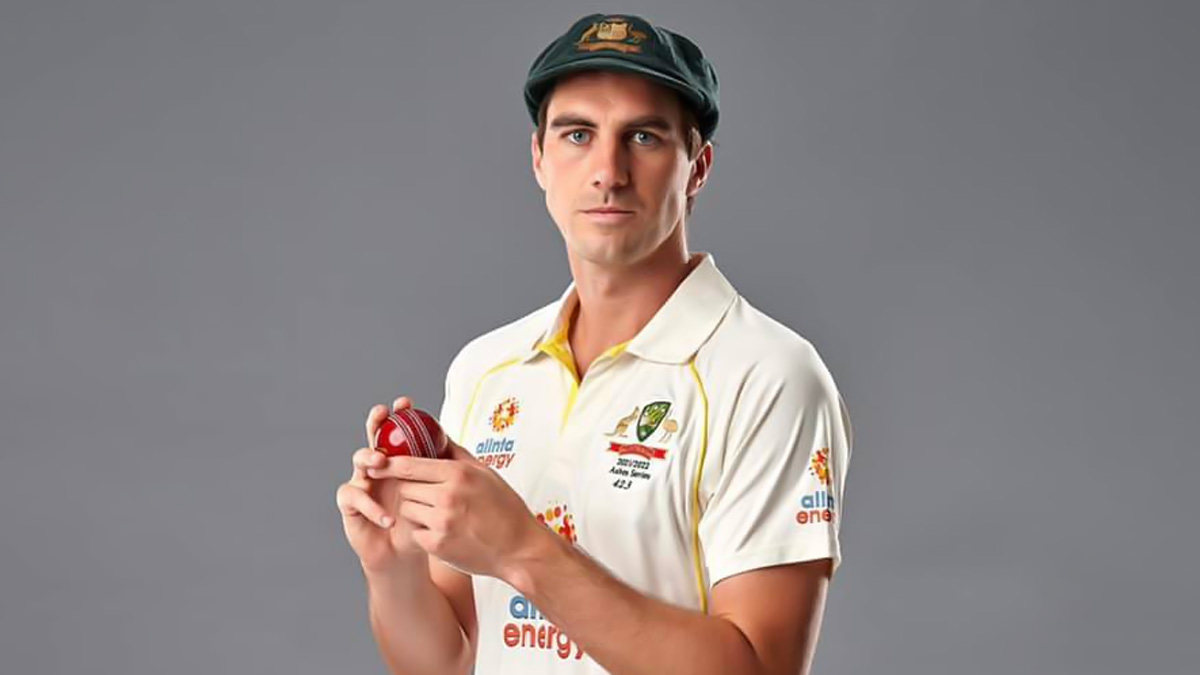
The Breakthrough of Bowler Captains
The stereotype that batsmen are inherently better suited to captaincy roles has been deeply ingrained in cricket’s history. This belief was primarily due to the perceived permanence of batsmen in the playing XI and concerns over bowlers’ fitness levels. However, the landscape of cricket leadership is changing, as demonstrated by Pat Cummins’ exceptional leadership for Australia, leading his team to victory in two ICC titles last year. This achievement has ignited conversations about the untapped potential of bowlers as captains.
Dale Steyn, the former South African pacer, has voiced his support for bowlers taking on more captaincy roles. He emphasizes that bowlers possess a deep understanding of the game and can read players exceptionally well. Steyn’s insights shed light on the unique advantages bowlers bring to the table as leaders.
No one can deny the Fact that Pat Cummins is Most handsome Cricketer. pic.twitter.com/j9QBdf7QQa
— Rafi (@rafi4999) January 31, 2024
Historical instances, such as Kapil Dev and Imran Khan’s World Cup victories and Wasim Akram’s leadership in the 1999 World Cup, further validate the argument for bowler captains. These examples highlight that with the right qualities, bowlers can lead their teams to glory.
Bowlers Who Could Lead Today
Jasprit Bumrah: A Captain in Waiting
Jasprit Bumrah stands out as a prime candidate for the Indian captaincy. Known for his resilience and tactical acumen, Bumrah has already shown promise in his brief stints as captain. Despite facing challenges in his captaincy debut against England, Bumrah demonstrated his leadership capabilities in the T20I series against Ireland. His ability to perform under pressure and lead by example makes him an excellent choice for India’s future captain.
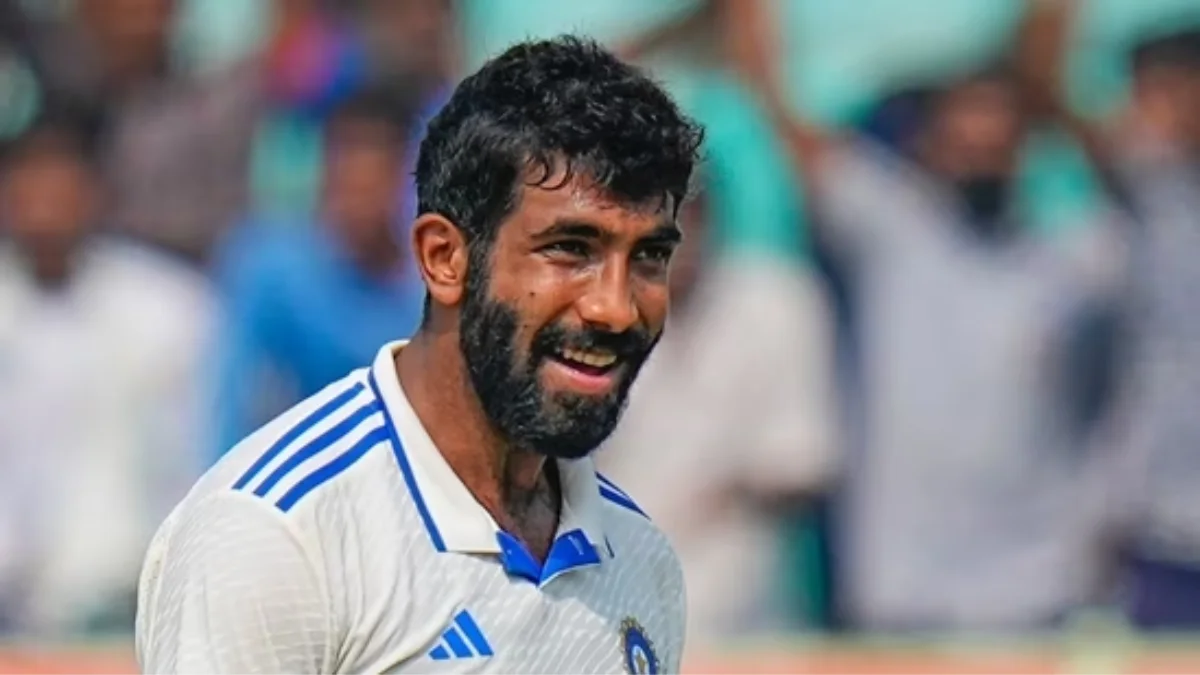
Kagiso Rabada: The South African Spearhead
Kagiso Rabada is another bowler whose name is being floated for the captaincy role, especially as South Africa looks to rebuild its team. Rabada’s consistency and cool demeanor on the field, coupled with his experience, make him a suitable candidate to lead the Proteas. His potential captaincy could inspire a new generation of South African cricketers and bring back the team’s lost glory.
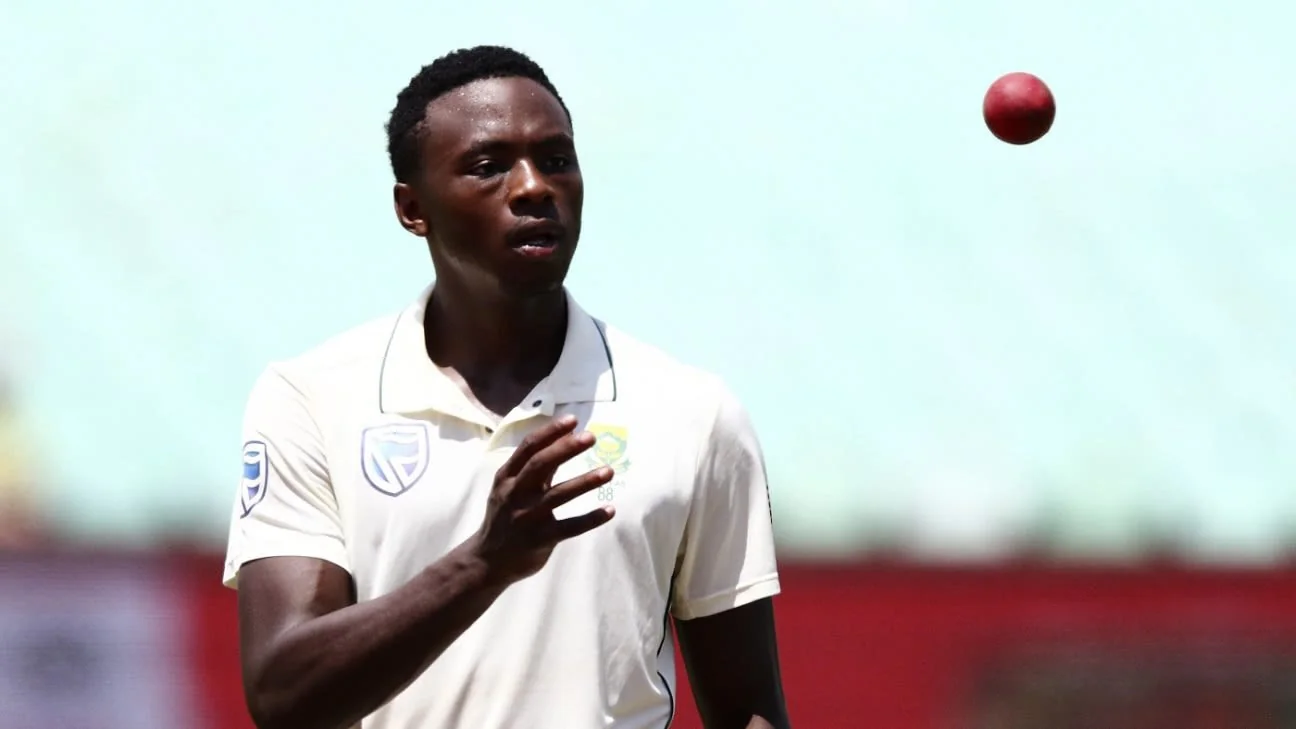
Sam Curran: England’s Future Leader
Sam Curran represents a fresh leadership option for England. Despite his lack of captaincy experience at the international level, Curran’s stint as a stand-in captain for the Punjab Kings in the IPL showcased his leadership potential. With England seeking to revitalize their team, especially after a disappointing ODI World Cup campaign, Curran could be the change they need.
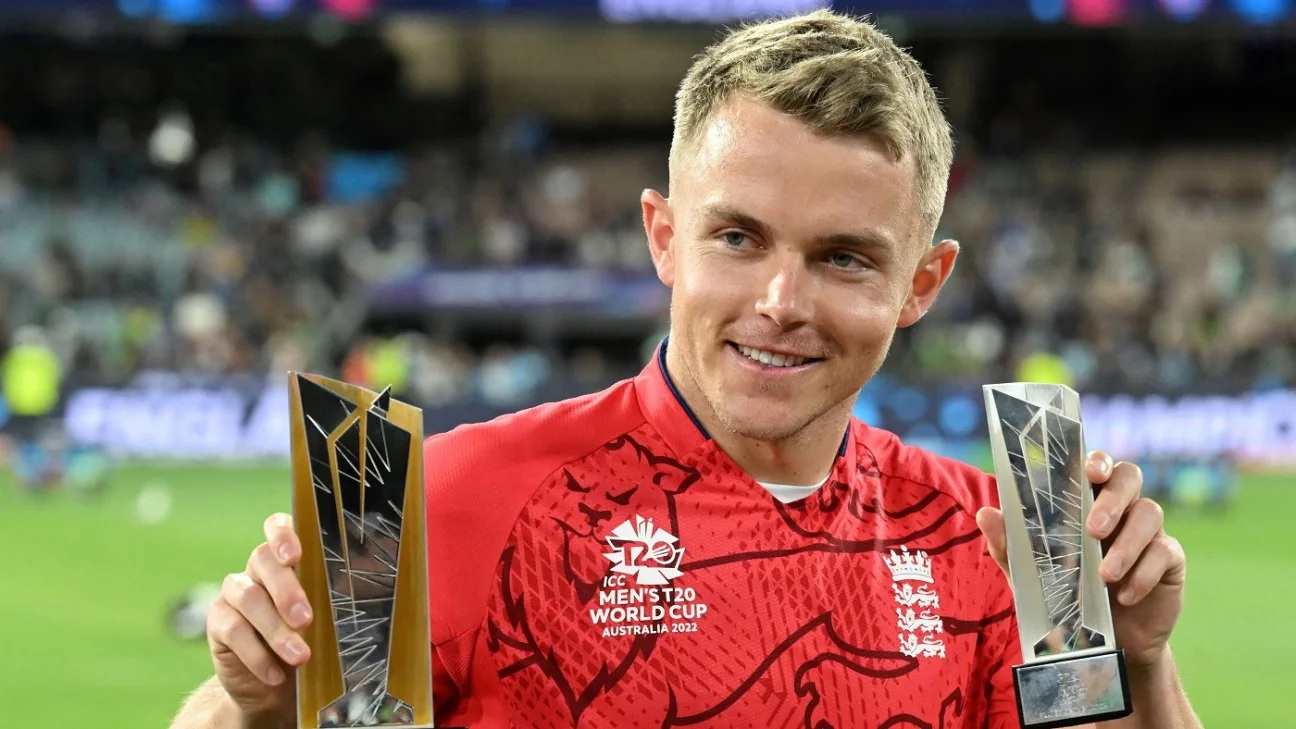
Conclusion: A New Chapter in Cricket Leadership
The success of bowlers like Pat Cummins as captains has paved the way for a reevaluation of leadership roles in cricket. The qualities that bowlers bring to the table, such as strategic thinking and game awareness, can be invaluable in a captain. As the cricket world continues to evolve, the inclusion of bowlers in leadership roles could herald a new era of strategic and inclusive captaincy, challenging old stereotypes and embracing the diverse skill sets that all players bring to the game.

